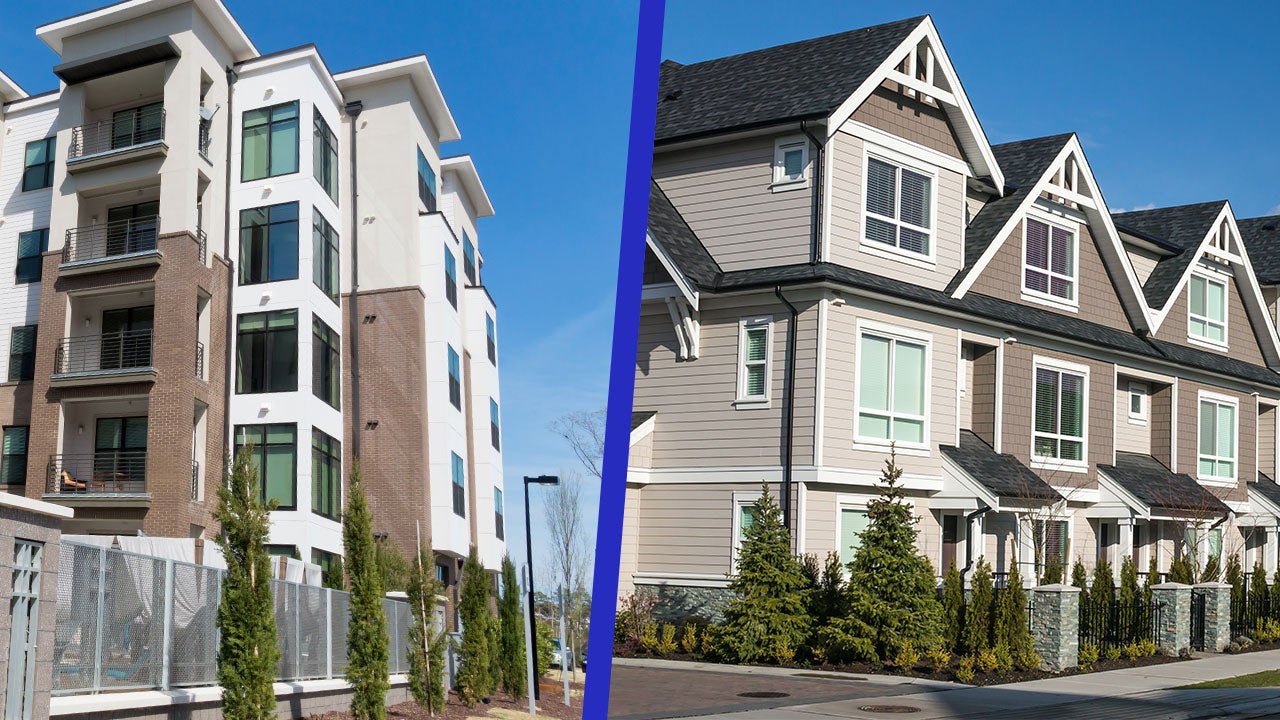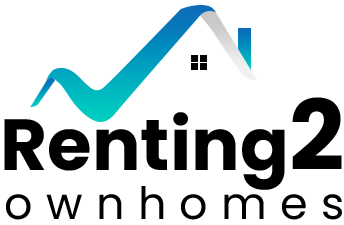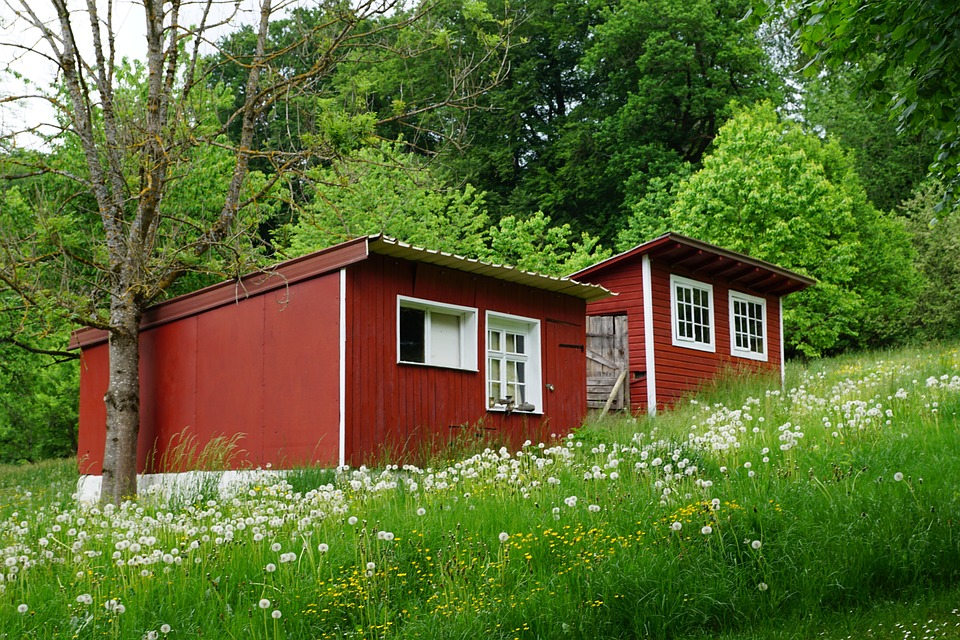When it comes to real estate, there are a lot of choices. In addition to the type of property you’re looking for, the size can also be a factor in your decision. If you’re considering buying a townhouse or condo, which is better? This article will help you make that decision. Whether you prefer living in a small space or have limited yard space, this article covers all the basics about owning an attached home versus an apartment or detached house. Let’s take a look at some pros and cons of both so you can make the best choice for your lifestyle and situation.
Condo or Townhouse – Which is Better?
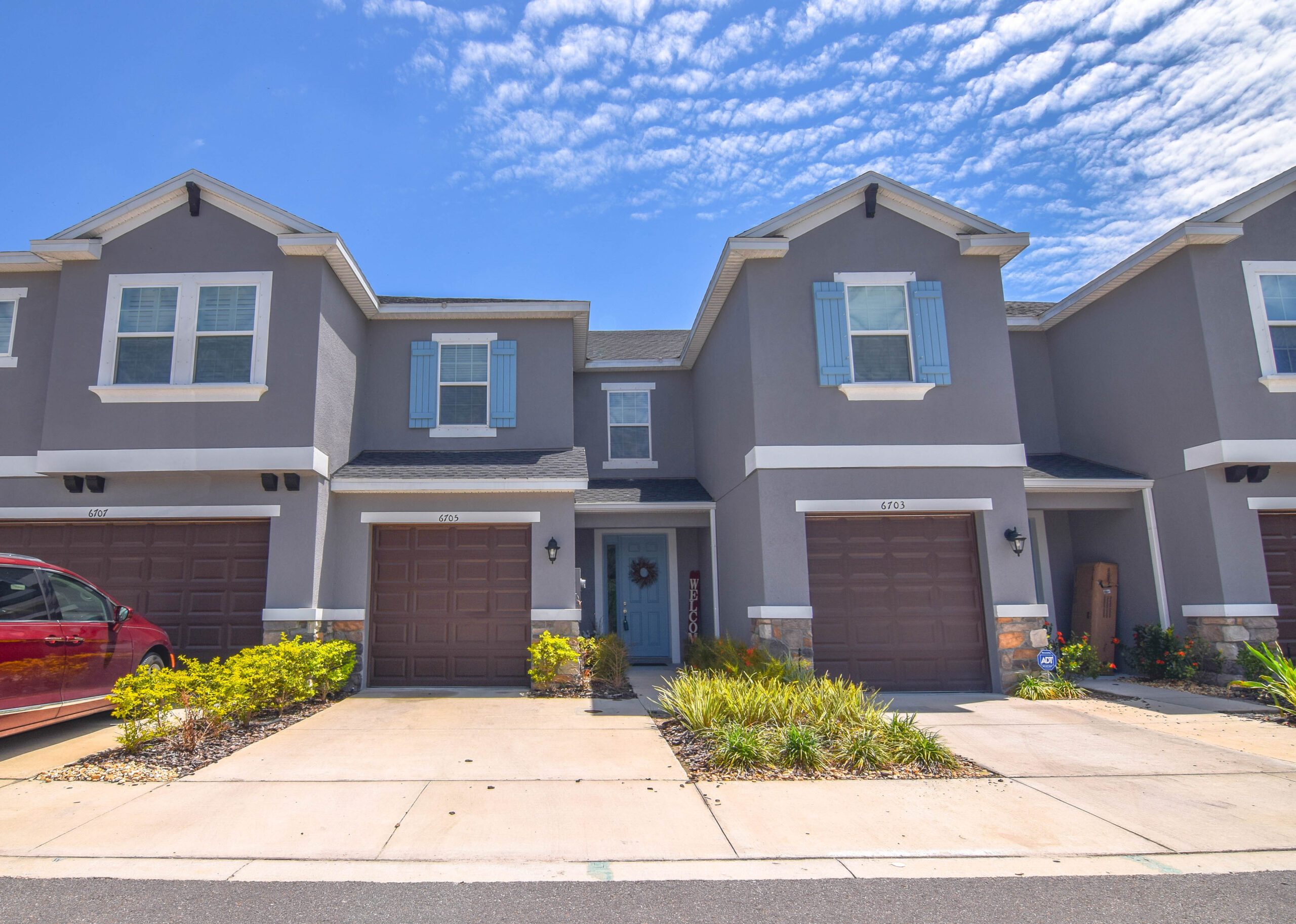
1. Attached Home
Attached homes often come in sizes from one to three bedrooms, with one-bedroom units often being referred to as townhouses or “whole house apartments.” The advantage of attached homes is that they are usually smaller than other home types and offer less complexity, maintenance and upkeep. As a result, they can be more affordable and often have lower taxes. However, they can also have fewer outdoor space options, higher utility costs and less room to expand.
Another benefit of attached homes is their overall smaller footprint. If space is tight or limited, a detached home can be a good option. It’s important to remember, though, that even if a detached home is smaller on its own, it can be expanded as the owners choose to.
2. Apartment
Apartment buildings can range from small one-unit buildings to larger complexes with multiple buildings and units. A one-bedroom apartment might be the most common type of rental unit. Depending on your needs, you can choose from a variety of apartment sizes and styles. Some apartment complexes offer individual amenities, such as pools and tennis courts, in addition to common areas, such as gyms, for residents. Apartment buildings are often more affordable than homes, but the downside is that you don’t have the privacy or security that come with a detached home.
Additionally, you won’t have the tax benefits of owning a home, as most states tax rental income. However, you can save on utilities, as you aren’t required to own your own equipment or furnishings. As with a townhouse, you can add more units or buildings to expand your living space. However, the process of obtaining building permits can be time-consuming.
3. Detached Home
A detached home is a single-family home where the building is located entirely on one parcel of land. As with an attached home, there are lots of options when it comes to detached home sizes. You can go with a large single-family home or opt for a smaller multiunit. In addition, you can choose from a variety of styles and architectural designs.
The size of your lot will determine the type of home you can choose from. While many neighborhoods may have restrictions on what size of home you can build on your lot, there are many open spaces that you can choose from to make your lot more spacious. If you don’t mind living in an urban environment and want the convenience of townhouses, condos or apartments nearby, a detached home may be the best option for you.
However, detached homes are usually more costly than other types of real estate due to limited utility options, such as water and electricity, and limited space.
Which Is More Affordable?
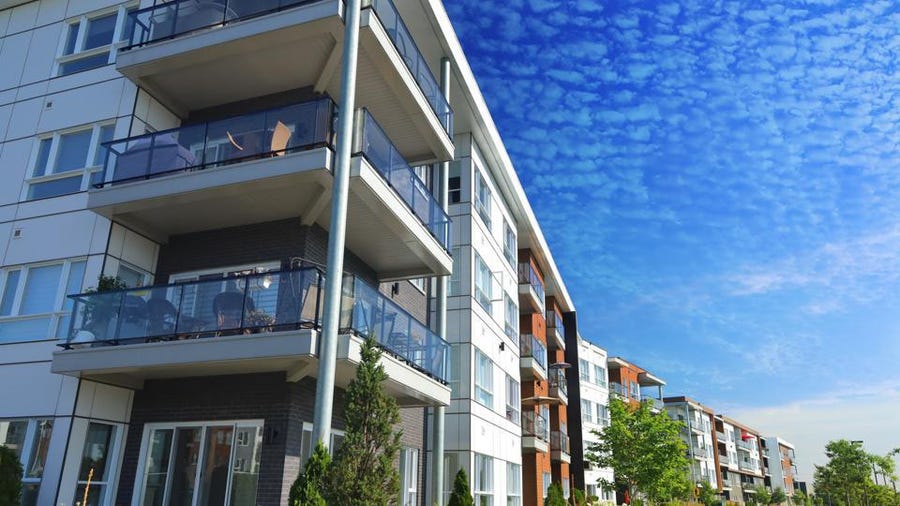
Condos are often more affordable than detached homes in many areas of the country. This is because they are often publicly owned and regulated by a homeowners association, which generally has very affordable rules and regulations. In addition, many condominium communities offer homebuyer programs and cooperatives, which allow you to own shares in the building and share in the profits of the property.
If you’re interested in purchasing a condo, there are many financial assistance options that can help you afford the down payment and closing costs on a new home. Depending on your financial situation, you may be able to get a mortgage with just a small down payment, or there may be other options, such as rent-to-buy programs, that can help you afford a new home. condominiums can be a good option for those who want to own a piece of property, but don’t have a large amount of money to put down or can’t wait to save up enough cash to purchase a home. As such, you can find options to help you get started in a home that’s an affordable price point.
Condo or Housing Cooperative?
While condo ownership can be the more affordable option in some areas, it also comes with certain benefits, such as access to a homeowners association (HOA) or cooperative. An HOA, for example, can help protect your investment in a number of ways, including enforcing rules and regulations, maintaining common areas and providing maintenance services.
A cooperative, on the other hand, is more of a traditional ownership model, where you purchase shares in the building and share in the profits of the property. Both types of ownership have their advantages and disadvantages. Condos are usually publicly owned, while cooperatives are usually privately owned. While condos usually have higher prices than homes, they also have the benefit of being publicly owned. On the other hand, cooperatives may be more affordable than condos, depending on your location and the cost of living. However, they are usually privately owned, which means you don’t have the benefits of a publicly regulated community.
Other Cons of Condos and Townhouses
While condos and townhouses are usually more affordable than detached homes, they can come with their own set of issues. For example, many people find that condominiums and townhouses don’t have enough outdoor space.
As a result, they may be forced to rent a nearby parking space, take over a nearby street or park in a garage. Condominiums and townhouses also don’t usually offer the same tax benefits as detached homes. In most cases, you won’t get to deduct the full amount of your mortgage interest, property taxes, insurance and maintenance costs. Some states allow you to deduct a certain percentage of your mortgage, but it’s usually capped at a certain percentage of your home’s value.
A final drawback of most condos and townhouses is their size. If you have a limited amount of space and want the flexibility to add more square footage or expand your home later, a detached home might be the better option.
Pros of Condos and Townhouses
– Depending on your lifestyle, a townhouse or condo can be a better fit than a detached home. They tend to be smaller and have fewer outdoor space restrictions, and they usually offer lower maintenance and utility costs. – Condos and townhouses can be more affordable than other types of homes, including detached homes. Depending on your location and your financial situation, you might be able to purchase a newly built home for less than a comparable lot in an older neighborhood.
Condos and townhouses often come with access to amenities, such as pools, gyms, common areas and more. Depending on the community and the type of ownership model you choose, you may also be able to participate in a homeowners association (HOA). – While condos and townhouses are smaller than other types of homes, they also come with more living space. Depending on your lifestyle, you could find this a good or bad thing.
Final Words
When you’re looking at buying a property, you have to consider your wants and needs versus your budget, as well as the neighborhood and the surrounding environment. While owning a detached home might be the best choice for some homeowners, the article discussed some of the advantages and disadvantages of both attached and detached homes. Depending on your lifestyle, a townhouse or condo might be a better fit than a detached home. They tend to be smaller and have fewer restrictions on outdoor space, and they usually offer lower maintenance and utility costs.
They can also be more affordable than other types of homes, including detached homes. In addition, condos and townhouses often come with access to amenities, such as pools, gyms, common areas and more. Depending on the community and the type of ownership model you choose, you may also be able to participate in a homeowners association (HOA). These are just a few of the pros that come with condo and townhouse living.
